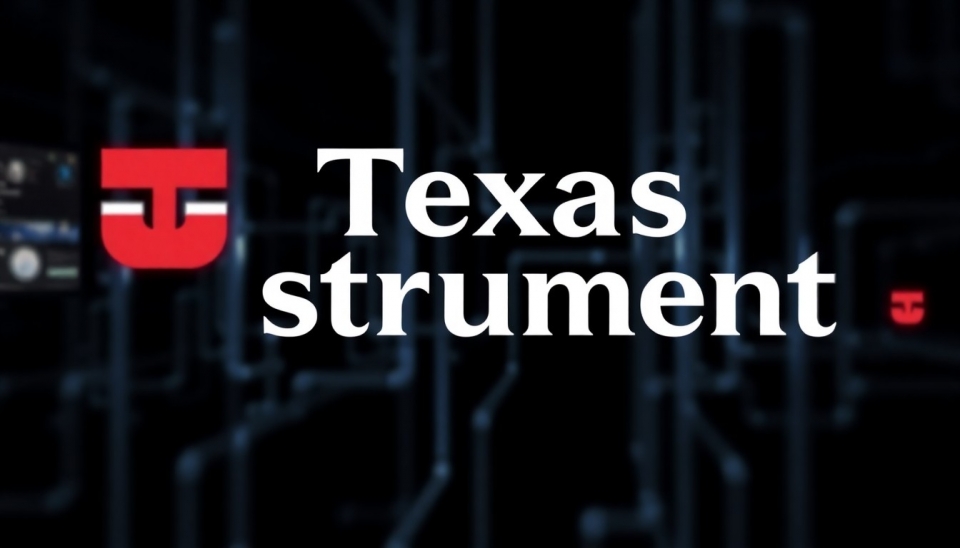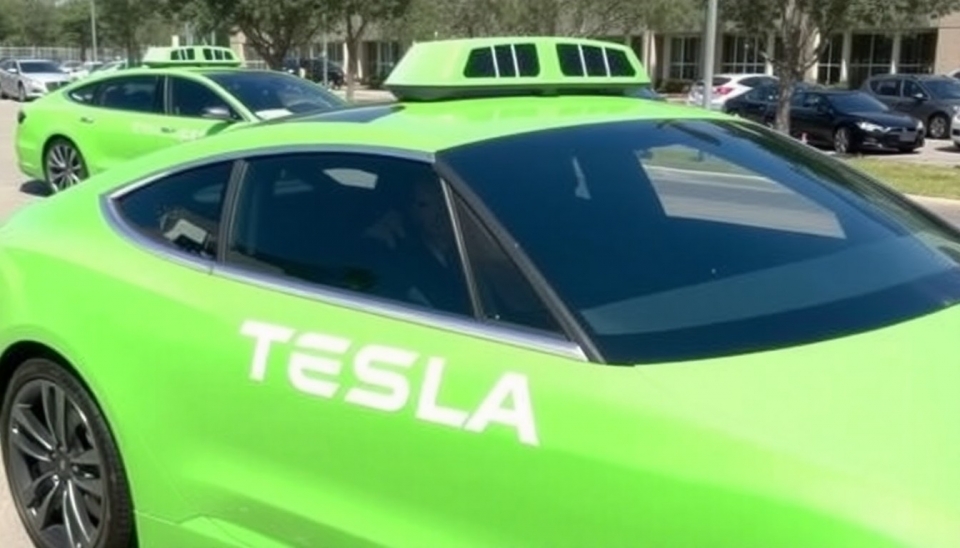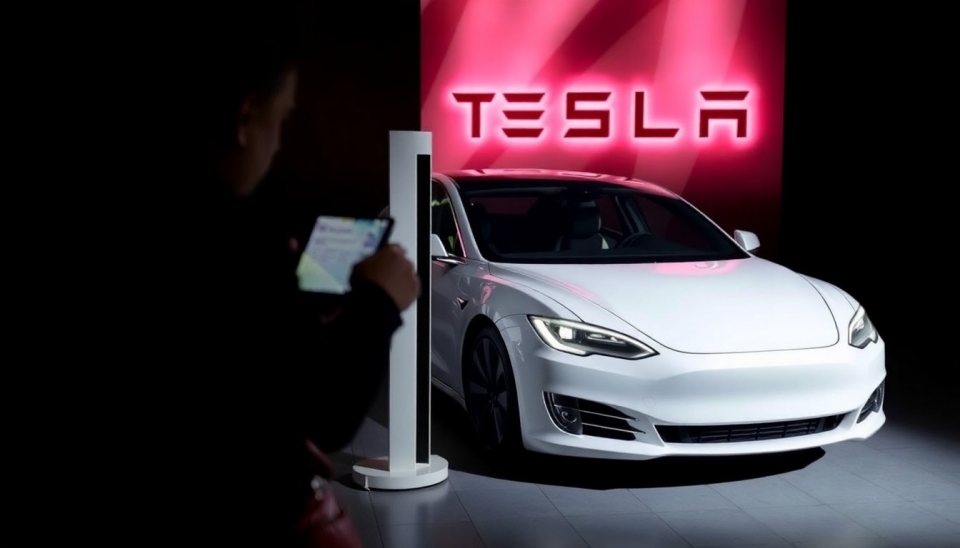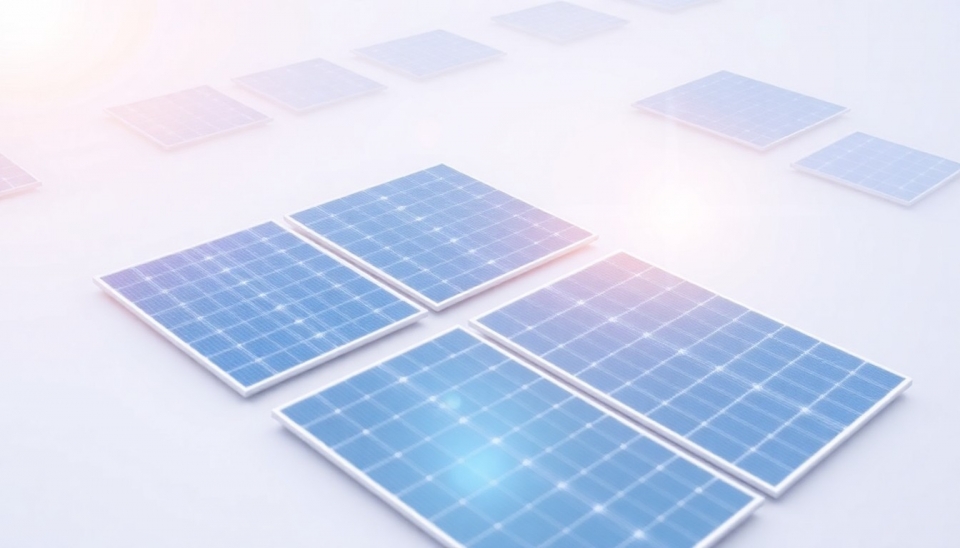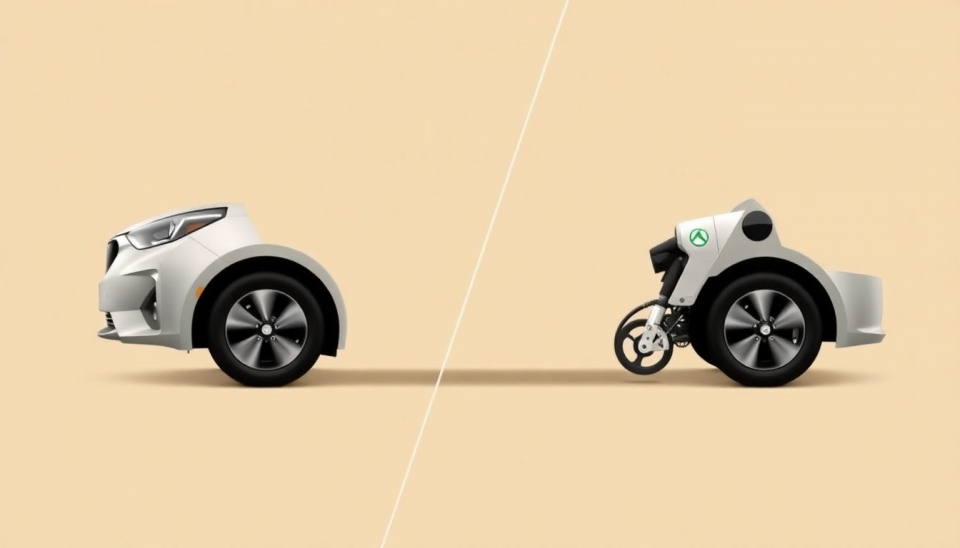
In an era of increasing environmental awareness and a global shift toward sustainability, India stands on the brink of a significant transformation in its automotive landscape. The entry of cheaper electric vehicles (EVs) is poised to challenge the long-standing preference for gasoline-powered cars among Indian consumers. As the country grapples with its rapid urbanization and the resultant pollution crisis, the affordability of EVs could serve as a pivotal factor in influencing buyer behavior.
India's car market has traditionally favored larger, fuel-inefficient vehicles, often referred to as gas-guzzlers. These vehicles have been symbols of status and comfort for many Indian families. However, with the push for greener alternatives and the government's ambitious plans to electrify its vehicle fleet, the coming years could see a substantial shift.
Recent market analyses indicate that several major automotive manufacturers are set to launch a range of affordable EV models designed specifically for Indian consumers. These vehicles, often priced below the current range of gasoline cars, aim to capture the attention of a burgeoning middle class that is becoming increasingly conscious of both price and environmental factors.
In addition to competitive pricing, the Indian government’s efforts to subsidize electric vehicles and encourage infrastructure development play a crucial role in this transition. Incentives including tax breaks, subsidies for charging stations, and investment in battery technology are designed to make EVs not just viable, but also attractive options for everyday consumers.
Moreover, as fuel prices continue to rise, the ownership cost of traditional vehicles might begin to outweigh the initial investment in electric alternatives. Owning an EV comes with the advantage of reduced fuel and maintenance costs, which could eventually lead to net savings for consumers over time.
Despite the enticing prospects of cheaper electric vehicles, the ingrained habits and preferences of Indian drivers present a significant hurdle. The emotional connection to gasoline cars, along with concerns about range anxiety, charging infrastructure, and vehicle performance compared to their gas counterparts, could slow the adoption of EVs. It's essential to acknowledge that mere availability of EVs won’t guarantee their acceptance; myths and uncertainties surrounding electric mobility will need addressing through effective consumer education campaigns.
As the market evolves, industry experts are closely observing how the introduction of affordable electric vehicles will influence consumer choice. Will these new affordable options sway the hearts of Indian drivers, or will the allure of powerful gasoline engines continue to dominate the roads? Only time will tell, as the automotive sector navigates this critical juncture in India's vehicular history.
In conclusion, the future of transportation in India might very well hinge on the success of these cheaper electric vehicles. As an increasing number of companies invest in electric technologies, the question remains whether India's love affair with gas-guzzlers will wane or if they will remain steadfast in their allegiance to conventional automobiles.
#ElectricVehicles #India #GasGuzzlers #Sustainability #EVAdoption #AutomotiveIndustry #CleanTransport #ElectricCars
Author: John Miller

